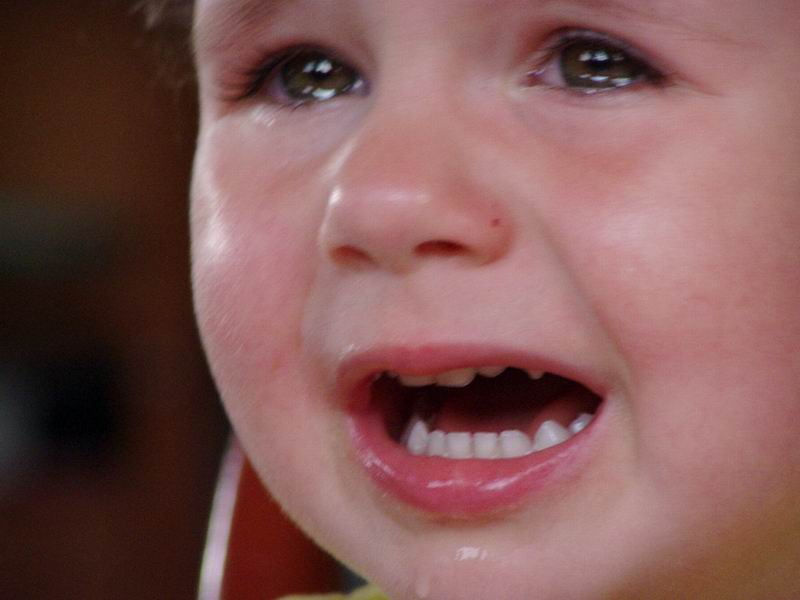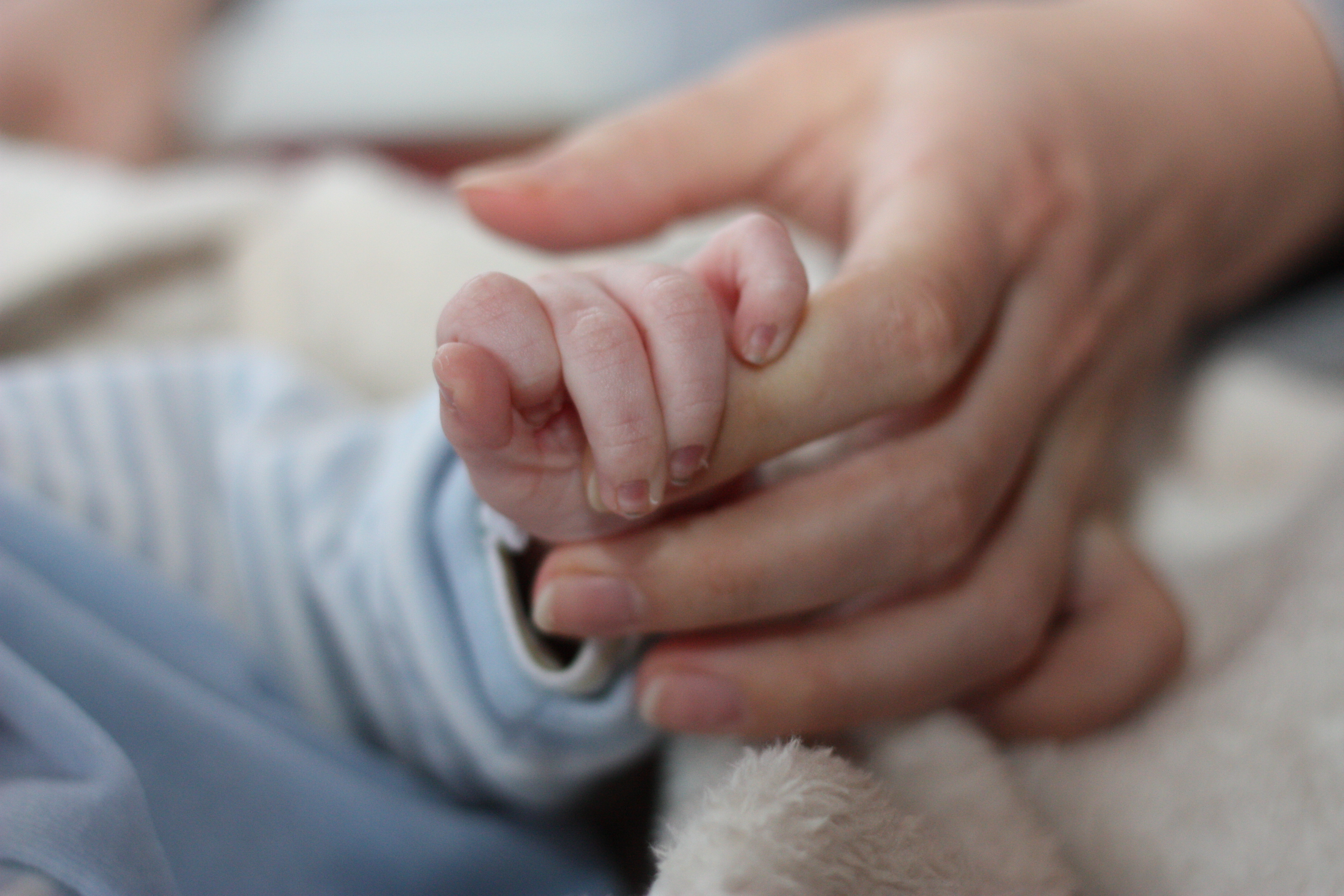There are so many things to be concerned about in the first few months of parenthood. It can be easy to feel as if you worry too much or are looking for a problem where none exists. However, you should always contact your doctor about:
- Any fever that an infant under the age of eight weeks has
- A fever that a child over the eight of weeks has that lasts more than three days that exceeds 101 degrees Fahrenheit
- Any time a fever lasts more than a few days, even if it is a low-grade temperature and does not appear with any other symptoms
- If other symptoms are associated with the fever
There are several ways to check for a fever, but only a few are appropriate for babies. Obviously, with an older child, you can use an oral thermometer. There have been several new ideas in the field of thermometers over the years, but not all of them have been successful. One, which is a pacifier with a thermometer built in, isn’t known for being particularly reliable. Another is the heat measuring circles that present with a sticky label to attach to the forehead. Although you may want to ask your pediatrician what he or she recommends, these are cute ideas that don’t work that well.
Instead, the easiest way that usually works well may be a digital thermometer that reads the temperature from the ear. It takes only a few seconds to use and as long as the child is not moving around a lot, is accurate. After that, a rectal temperature is effec
happy wheels wp-image-153" title="When Should You Worry about a Fever for Your Baby?" src="http://www.momexclusive.com/wp-content/uploads/2012/09/sick_baby-300x225.jpg" alt="When Should You Worry about a Fever for Your Baby?" width="210" height="158" srcset="https://www.momexclusive.com/wp-content/uploads/2012/09/sick_baby-300x225.jpg 300w, https://www.momexclusive.com/wp-content/uploads/2012/09/sick_baby-73x55.jpg 73w, https://www.momexclusive.com/wp-content/uploads/2012/09/sick_baby-60x45.jpg 60w, https://www.momexclusive.com/wp-content/uploads/2012/09/sick_baby.jpg 800w" sizes="(max-width: 210px) 100vw, 210px" />
tive, but obviously is not favored by kids and a basal or digital thermometer taken under the arm is often helpful as well. When you’re speaking to the medical staff about the possibility of a fever, always be sure to let them know when it started, how high it has been, what measures you have taken to lower it and what method you used to measure the fever.
High Fevers and Seizures
Babies and children, just like everyone else, can develop a high fever that results in seizures. This can happen with a fever of 104 degrees or above, so it’s very important to monitor their temperature and take appropriate, timely steps to lower it. Children’s Advil, which contains ibuprofen and Children’s Tylenol, which contains acetaminophen are two common medications that are available over –the- counter in most areas to reduce pain and lower fevers. Your doctor should be able to tell you if you they are an acceptable choice for your child, when to use them and the correct dosage. A seizure should receive immediate medical attention, so unless your doctor says otherwise, proceed to the nearest emergency room.
There are many different reasons that your child could develop a fever. Most are common childhood illnesses and infections, but if it’s accompanied by other symptoms or doesn’t go away, call their doctor right away.





